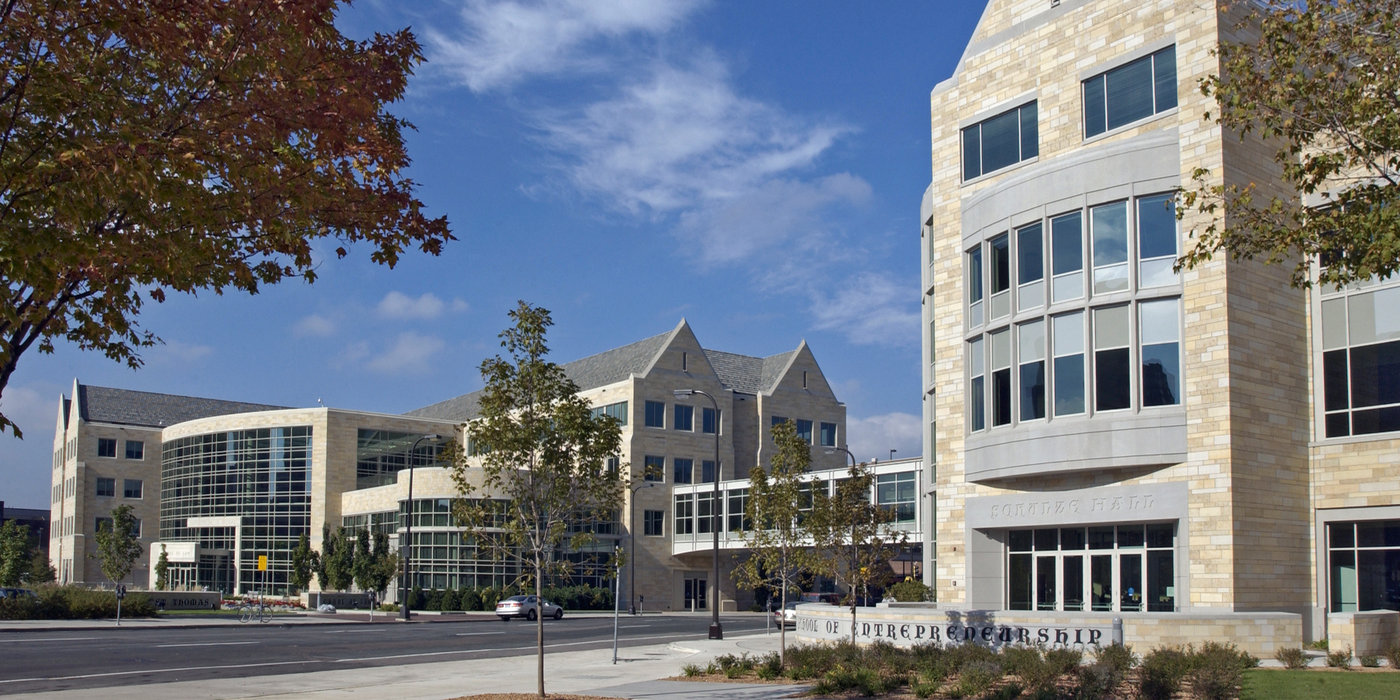Skeptical about the idea that adults can change ethically, and not superficially so? A healthy dose of skepticism is, afterall, the basis of how science advances, and how hypotheses about legal cases or cures for diseases are formed. Professor Neil Hamilton and I recently co-authored an article called “Addressing the Skeptics on Fostering Ethical Professional Formation (Professionalism)” published in Professional Lawyer. In our article, we address a longstanding opinion in the legal academy and business community that one’s morality is pretty well fixed by the time of law school, particularly with respect to moral development. Skeptics contend that law students are simply not going to fundamentally change the way they think about morality, claiming this is the domain of one’s upbringing, and the stuff of Eagle Scouts or Sunday School. We provide evidence in our article that these views are 30 years out of date.
Let’s analyze this for a moment using a metaphor from medicine, with legal education the patient. The guardians (the Carnegie Foundation, the ABA Outcomes Committee Report, and law schools) of the patient (law students) want to strengthen the ethical core of each law student, supposedly to deter future unethical behaviors. So what should the physicians (law professors) administer? The saying “what gets measured gets done” predominates society. From that belief, many put forth suggestions for using different assessment tools of moral development and personality, as a way of gauging the moral temperature of the “patient.” Some come with impressive indicators of reliability and validity — others, with thick manuals for coding interview or essay data. Many of them meet the standards for psychological and educational assessment and testing – but others are questionable. Perhaps this is the point at which skepticism takes hold.
In our view, being skeptical of “quick fixes,” like the personality test du jour, is wise. Like a doctor who writes a quick prescription without checking for interactions or fully listening to the patient, legal education could similarly set out to “add on” another assessment, a different test, or another course, simply with the intent to “do something” about the Carnegie Foundation’s suggestions and ABA’s proposed directives to attend to ethical professional formation. The math is more complex to morality.
Law students are very smart people, many of whom are veterans of personality tests and assessments. So instead of approaching moral development like scientists with lab coats and law students as patients, we suggest that what is needed is a more holistic approach. The math, once again, goes far beyond accounting for single factors that contribute to morality. In fact, moral psychologist James Rest (see, Center for the Study of Ethical Development) points out that the “math” to morality involves four components of awareness or perception, cognition, emotion, and interpersonal skills – all in a dynamic process in which single factors of morality interact with others (Rest, 1986).
In our article, Neil Hamilton and I provide evidence from lifespan developmental psychologists that people can and do change throughout adulthood, citing theory and research of Robert Kegan and other lifespan developmental psychologists. They see adult development the way the child developmental experts see infant and child cognitive development – there are predictable stages in development very familiar to parents. The primary methods that Kegan and others see as important in fostering development are not short tests of personality, team skills, or communication ability – instead they recommend methods that recognize the uniqueness of each individual student in complex ways that are based on meaningful interpersonal interaction, not simply on adding on another assessment or another course. Some recommendations from educational and lifespan developmental psychologists include:
- Challenging students’ individually to examine how they are interpreting their experience – through dialog, mentoring, and coaching, and asking the right questions, rather than imposing the right answers.
- Involving students in self assessment of complex skills. The validity and reliability of many off-the-shelf tests of complex psychosocial skills should always be questioned. But more importantly, what the Carnegie Foundation and other lifespan developmental psychologists recommend is asking each individual student to engage in introspection – deeply reflecting on the meaning of becoming a lawyer, and developing the capacity to step back and gain perspective in how one is interpreting life events.
- Integrating reflective assignments throughout the curriculum that will create lifelong habits of reflection on what it means to be a lawyer.
- Utilize cooperative learning, but give students tools to support team function, monitor team processes, coach students who need to improve their skills in being a team member, and insist upon individual accountability.
- Foster a sense of psychological safety in school culture by coaching students how to effectively give feedback to each other. Encourage students to expand perspective taking and moral sensitivity to diversity by using random assignment in learning groups, and encouraging learning about different cultural or world views.
- Integrate classroom activities that build skills in managing conflicts, mediation, and negotiation designed to break down zero-sum game thinking and enhance creativity in problem solving.
As you can see, these six recommendations focus on a complex “math” of meaningful interpersonal interaction and nurturing mindfulness. This is the paradigm shift that we are speaking of, and it’s not unique to legal education.
Read the full article: Answering the Skeptics on Fostering Ethical Professional Formation (Professionalism) (March 13, 2011). The Professional Lawyer, Vol. 20, No. 4, 2011; U of St. Thomas Legal Studies Research Paper No. 11-05.
More about lifespan developmental psychology, ethics education in the professions, and our approach, is available on the Ethical Leadership blog.
Verna Monson, Ph.D. is a research fellow at the University of St. Thomas School of Law. This post is republished from Ethical Leadership, the Holloran Center for Ethical Leadership in the Professions blog.







